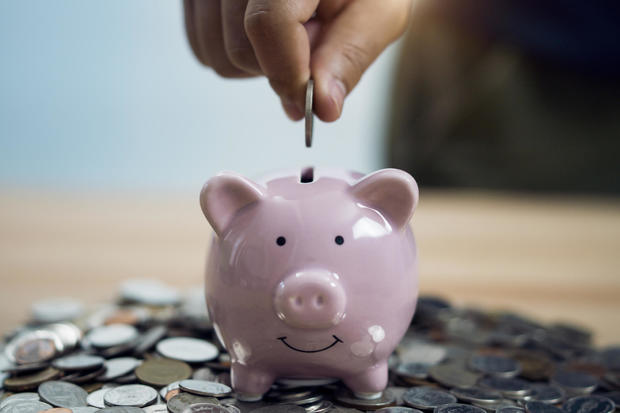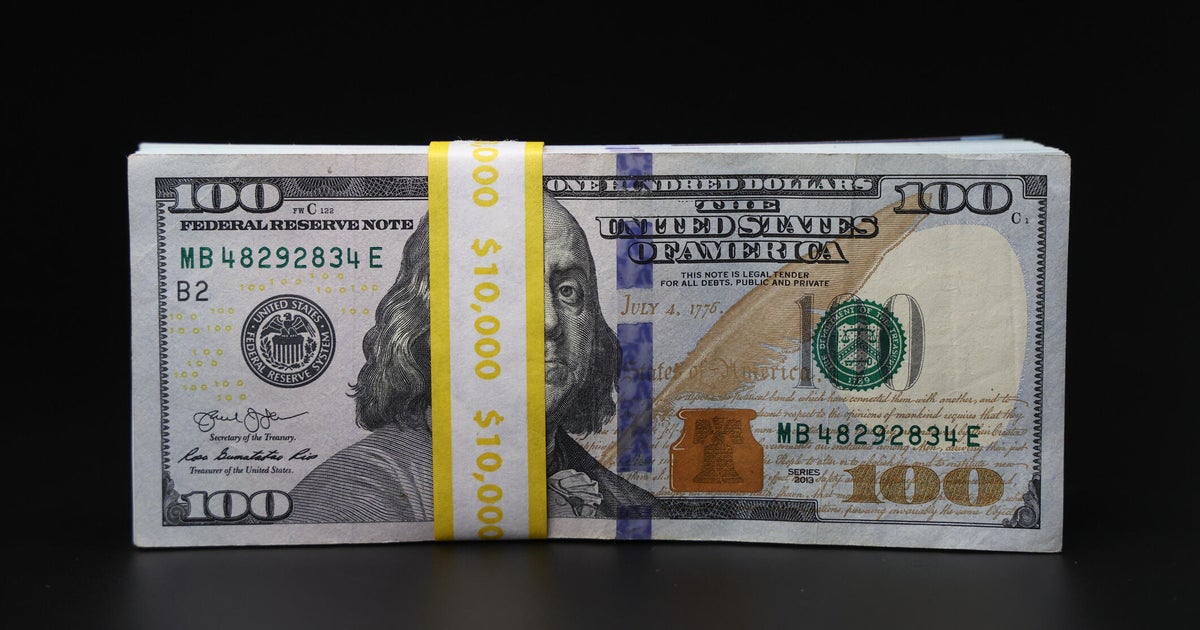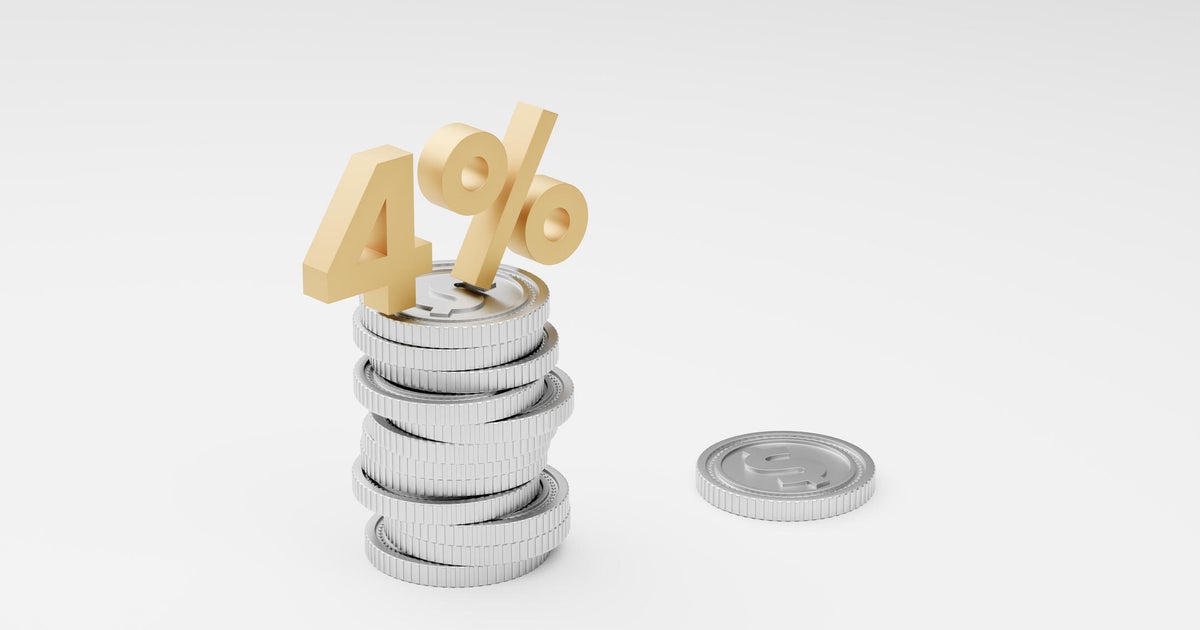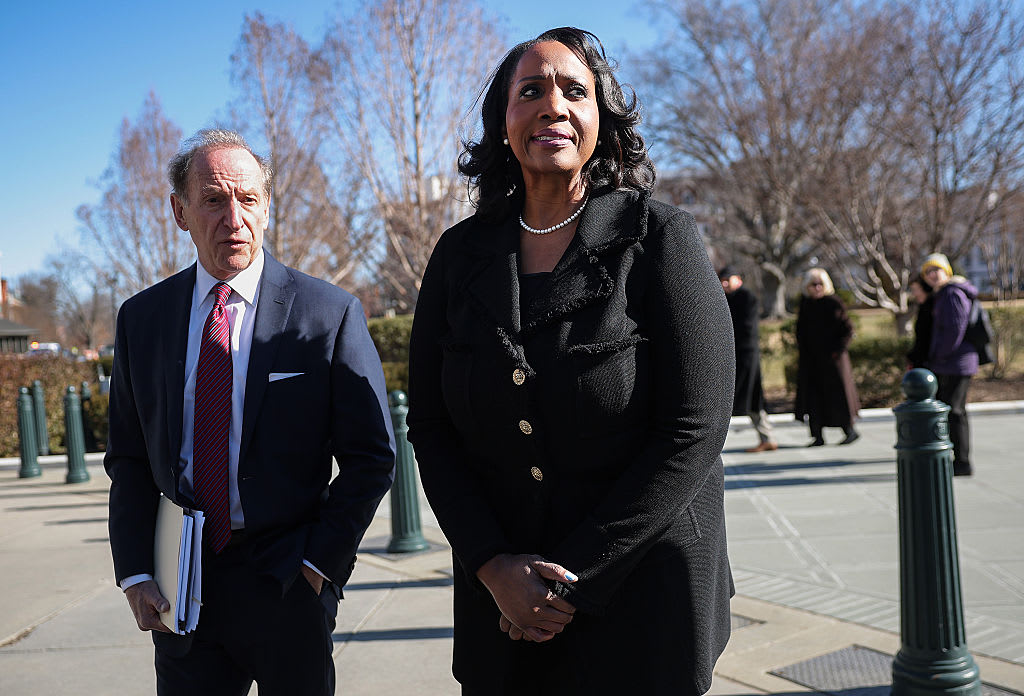Should you open another CD after your first one matures? Here's what experts suggest
Savers, and certificate of deposit (CD) holders in particular, have had it good for the last few years. As the Fed has held off on cutting interest rates, CDs and other savings accounts have maintained their high rates and offered great returns. But what should you do when your CD account matures?
Once your CD term ends, you have a few choices — including opening another CD account. What makes sense, though, ultimately depends on your financial goals and needs.
Explore today's top CD rates and start earning more interest now.
Should you open another CD after your first one matures? Here's what experts suggest
Here's what experts say about whether it makes sense to open another CD after your current CD account matures.
Yes, you should open another CD after your first one matures
With interest rates relatively high right now, opening another CD after your current account matures can be a great way to lock in a solid rate — especially considering rates are expected to drop later this year.
"If nothing has changed in your situation in terms of needing the cash that matures in the CD, it makes sense to reinvest into another CD," says Deri Freeman, president of Estia Focused Financial. "When you do not have an immediate need for the cash but want to keep it in a safe investment for the near future, I typically see reinvestment options into new CDs available when the CD you're in matures."
CD laddering, or opening multiple CDs with different maturity dates, is one option to consider. By laddering your CDs, you can ensure that you're earning a high rate of return and maintain access to your funds, whether to cash them out or to roll them into a new CD account, as your CDs will mature on staggered dates.
For example, let's say you have $5,000 to deposit into your CDs. If you divide the money evenly across CDs with various maturity dates, that could look like:
- $1,000 in a 1-year CD
- $1,000 in a 2-year CD
- $1,000 in a 3-year CD
- $1,000 in a 4-year CD
- $1,000 in a 5-year CD
But even if you don't ladder your CDs, opening a new CD with a solid rate after your current account matures can help you earn big returns without having to time the market.
Opening a new CD after your first one matures should align with your overall financial goals, Nadia Vanderhall, a financial educator and founder of The Brands and Bands Strategy Group, says.
"Understanding what to do next is important," Vanderhall says. "If a consumer doesn't have any need for the money at this time, locking in a savings rate even longer is an easy go-to."
Opening a new CD after your first one matures could be a good idea if you don't need the funds right away or if you can lock in a solid interest rate within the next couple of weeks or months. It could also make sense if you want to plan for guaranteed long-term growth, which other options, like stock market investments, can't guarantee.
You also have the option to roll over your CD once it matures. Doing so will keep the money in your current CD account with the same term. Your interest rate, however, will be based on today's rate environment, so it could differ from your current rate.
Or, you could use the money in your CD account to open another CD — either at a new financial institution or the same one — with a new term and rate.
Find out how much interest you could be earning with a top CD account today.
No, you shouldn't open another CD after your first one matures
Opening another CD after your first one matures is one option, but it's not the only option. After all, you might need those funds when the CD term matures, Armine Alajian, CPA, tax consultant and founder of the Alajian Group, says. So, putting the money in another type of investment could make more sense.
"You don't need to decide right away, but it's never too soon to start educating yourself about the various options available beyond CDs," Alajian says. "So when your CD matures, you're ready to make a decision."
You may want to skip opening another CD if you want to have immediate access to your money or aren't sure whether you'll need access before a new CD term expires. For example, you may need to use the money to pay off debt, create an emergency fund or boost short-term savings.
"If consumers need access to their money but want a strong savings rate, [they] can't go wrong with a high-yield savings account," Vanderhall says.
When you need your money impacts the type of account you should have. While a CD makes sense for those who don't need funds right away, it isn't a good idea for those who need money right now.
"If, for example, you can find a savings interest rate that's similar to [the] interest rate on CD, that could make a ton of sense because it remains accessible to you without any waiting period," Freeman says.
Luckily, there are other savings options besides CDs to consider. If you want to save your cash or have it more readily available, consider alternatives after your CD matures.
Alternatives to consider after your CD matures
Once your CD matures, you have options for where to put your money. Before making a decision, though, be sure to compare different accounts and interest rates to determine what makes the most sense for you.
"First, consider your savings goals," Alajian says. "If the goal is to earn interest yet keep the assets liquid in case of short-term needs or emergencies, a money market account can be a good choice."
Your other savings options include:
- Traditional savings accounts: These accounts are usually offered as a companion to your checking account at traditional banks and credit unions, but in today's rate environment, traditional savings accounts come with some of the lowest interest rates available for savers. Right now. traditional savings accounts offer, on average, an APY of 0.45%.
- High-yield savings accounts (HYSAs): High-yield savings accounts are offered by both traditional and online financial institutions, and they typically come with much higher rates compared to traditional savings accounts. Rates on these accounts can hover near or above 5% depending on where you open your account.
- Money market accounts: A money market account is a type of savings account that has checking account features. The rates on these accounts tend to be higher than what's offered with a traditional savings account but are generally lower than what you may get with a high-yield savings account.
"You should shop around for the best interest rate," Alajian says. "Often you'll find that traditional savings accounts [have] the lowest rates, while MMAs, high-yield savings accounts and CDs [have] similar rates."
Before you make a decision, though, it's important to weigh the pros and cons of all account options available to you, including CDs.
"HYSAs might edge out the other options, but the key difference is flexibility in accessing your money," Alajian says. "A CD locks your money in for a specific term, while a money market account or high-yield savings account won't won't. An MMA will often have a higher minimum deposit and balance than an HYSA."
While CDs lock your rate for a set amount of time, rates on high-yield savings accounts tend to fluctuate. So, keep that in mind when weighing your options.
"Savings interest rates can change at any time, usually with [the] Federal Reserve announcing changes," Freeman says. "This is an important factor to consider in your choice as well."




